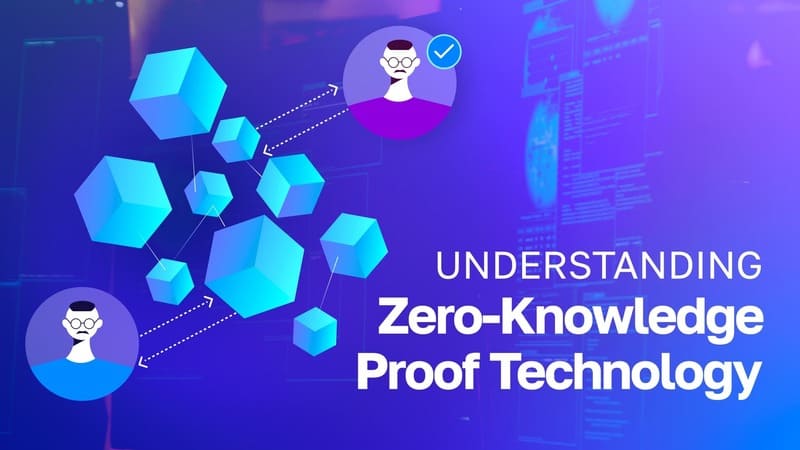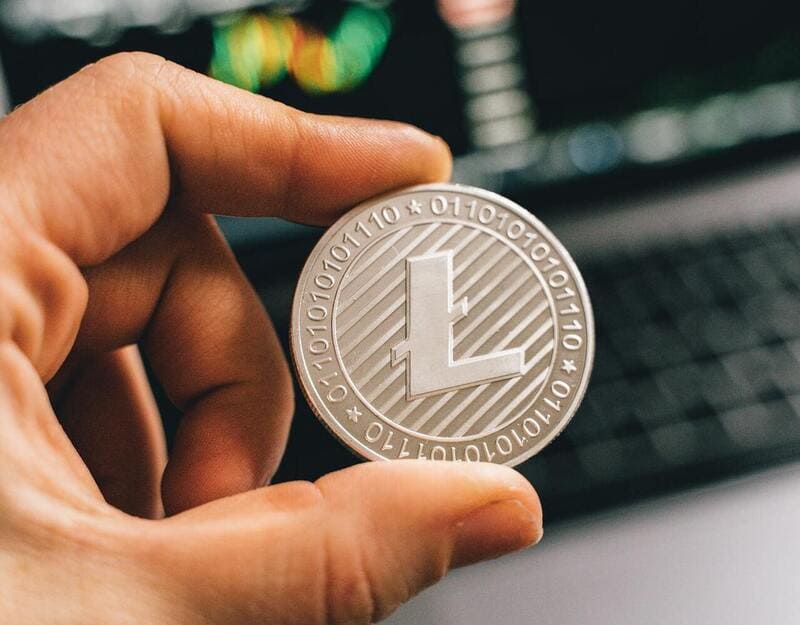
Zero-Knowledge Proofs (ZK) have become one of the most discussed concepts in the blockchain and crypto industry. This cryptographic innovation allows for the validation of information without revealing the actual data, providing a balance between transparency and privacy. Initially developed in the 1980s, ZK proofs have evolved significantly, with their practical applications transforming the Web3 ecosystem.
The Role of ZK in Blockchain and Web3
Blockchain’s transparency, while a strength, also poses challenges, particularly concerning user privacy. ZK-proofs solve this dilemma by validating transactions without disclosing sensitive information, thus ensuring user confidentiality. Projects like Zcash have already integrated ZK for private transactions, laying the groundwork for privacy-preserving blockchain solutions.
Over time, ZK’s application has extended beyond privacy to tackle blockchain scalability, addressing fundamental limitations in smart contract functionalities. Smart contracts struggle with three primary issues: limited access to on-chain and off-chain data, storage capacity constraints, and expensive gas fees for execution. These limitations hinder blockchain’s ability to scale effectively.
Solutions for Blockchain Scalability
To overcome these challenges, ZK protocols have introduced innovative solutions, particularly in the realms of storage and computing:
- ZK-Proven Decentralized Storage: Blockchain networks like Filecoin use ZK proofs to ensure data integrity and availability without overloading the blockchain with large datasets. This approach allows for cryptographic validation while alleviating storage pressure.
- ZK-Rollups for Compute: ZK-rollups, such as Polygon’s zkEVM and Matter Labs’ zkSync, bundle multiple transactions off-chain, submitting only a compact proof to the main chain. This improves scalability by reducing congestion and transaction fees while ensuring security.
Despite these advancements, there’s a critical gap in Web3: the inability of smart contracts to perform queries about data. Blockchain has long lacked a solution for efficiently retrieving and processing off-chain information.
The Missing Link: Verifiable Compute and SQL Queries
Space and Time’s Proof of SQL represents a breakthrough in addressing this gap. This ZK-proof allows smart contracts to trustlessly query decentralized databases, thus enabling more complex data-driven operations. By proving that queries are run on legitimate data, Proof of SQL introduces a new dimension to Web3, allowing decentralized applications to query data in a verifiable manner without relying on centralized solutions.
The Future of ZK in Web3
ZK technology, particularly through innovations like Proof of SQL, is set to drive the next wave of blockchain scalability. By bridging the gaps between privacy, storage, computation, and query processing, ZK is laying the foundation for a decentralized future with increased trust, efficiency, and transparency. These advancements will enable the creation of new decentralized applications, protocols, and financial systems that can scale effectively in the real world.
About Jay White
Jay White, Co-Founder and Head of Research at Space and Time, leads the development of cutting-edge technologies, including the Proof of SQL mechanism. With a background in mathematics and computational problem-solving, Jay has merged cryptographic theory with practical blockchain implementations, positioning himself as a key innovator in the Web3 space.



